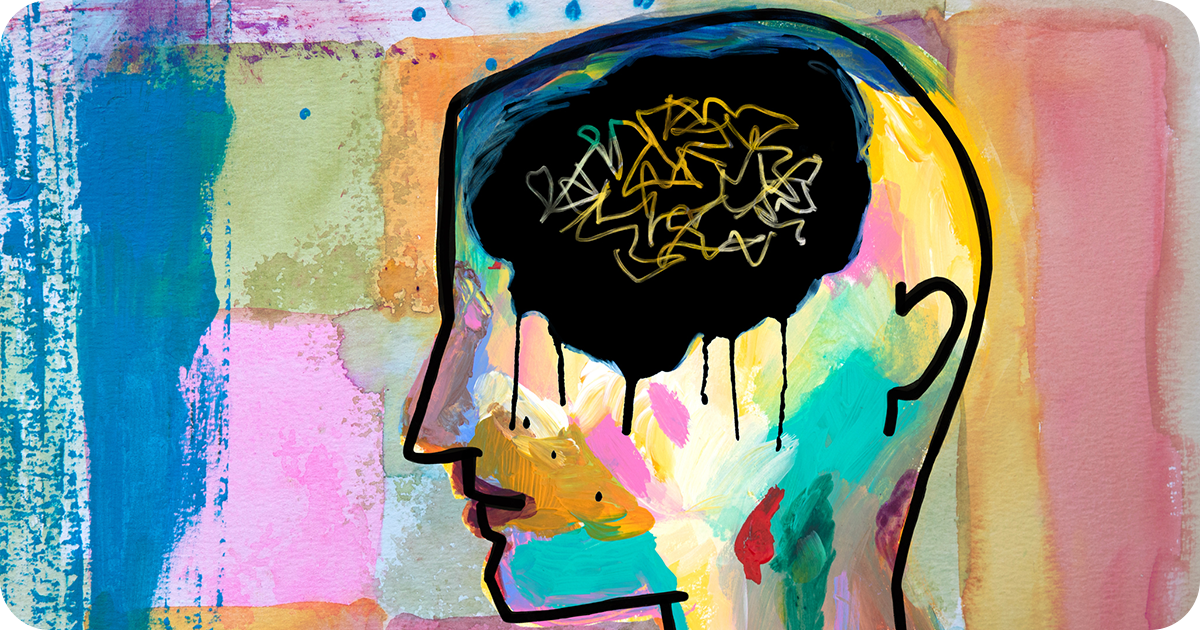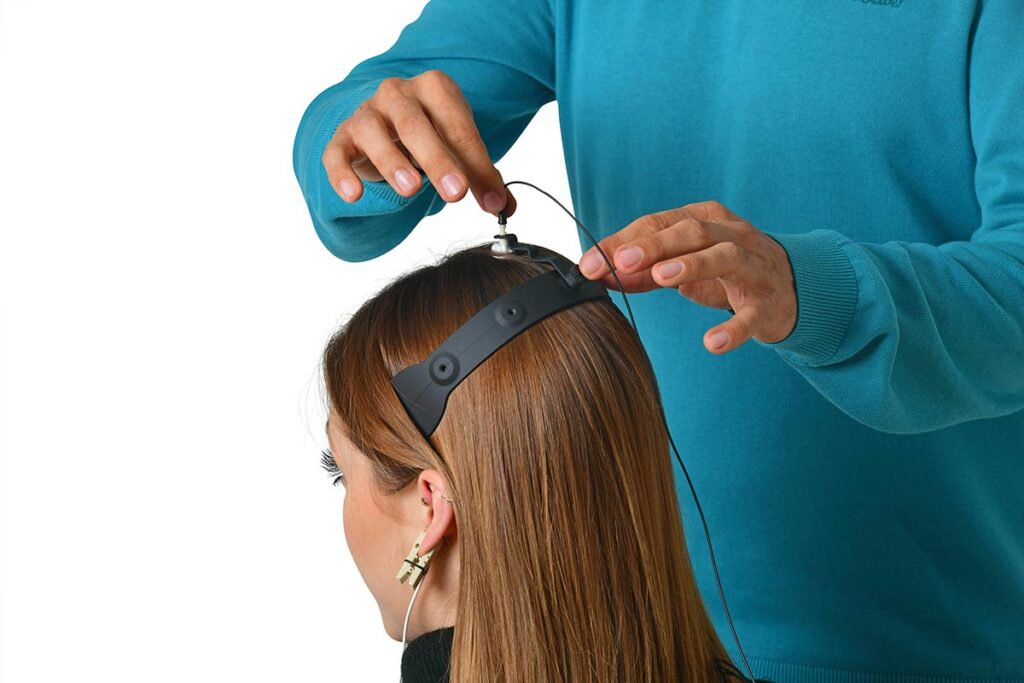The Most Common Co-Occurring Disorders Diagnosed Alongside Substance Abuse

When discussing dual diagnosis and mental health, it is important to identify some specific disorders that commonly accompany substance abuse.
In the process of seeking treatment people are often found to also be experiencing one (or more) of the following disorders:
- Anxiety disorders, like generalized anxiety, panic disorder, or PTSD (Post-Traumatic Stress Disorder)
- Mood disorders, like bipolar disorder and depression
- Personality disorders, like antisocial, avoidant, and borderline personality disorder
- ADHD (Attention-deficit hyperactivity disorder)
- Psychotic disorders, like schizophrenia
There are high rates of comorbid substance abuse and anxiety disorders. These disorders include generalized anxiety disorder, panic disorder, and cases of post-traumatic stress disorder (PTSD). Substance abuse also co-occurs at high frequency with mental health disorders, such as bipolar disorder, depression, and attention-deficit hyperactivity disorder (ADHD), as well as psychotic illnesses like antisocial personality disorder and bipolar personality disorder. Each of these disorders is extremely detrimental to the quality of one’s life on its own, but when they co-occur with substance use, the impact on a person’s life can be devastating.
Post-traumatic stress disorder is a severe form of anxiety disorder due to trauma that impacts the daily functioning of those living with the illness. People diagnosed with this PTSD are three times more likely to suffer from substance abuse in the form of opioid use disorder.
In people struggling with mood disorders and substance abuse, the substance abuse often leads to more severe depression symptoms and fuels the cycle of increased substance dependence in an attempt to cope with those symptoms. Similarly, abused substances often act as a depressant that ADHD sufferers may use to feel calm. Unfortunately, the substance often has the opposite effect, leading to wild, uncontrollable emotions and behavior. People with bipolar disorder often feel out of control of their lives due to manic and depressive episodes, and they may abuse alcohol to escape the pain.
People with schizophrenia may also suffer from higher rates of substance abuse disorders than the general population. Schizophrenics have high rates of drug abuse and often use drugs (marijuana and psychedelics) that mimic the reality-altering experience of schizophrenic episodes.
Why Do People With Co-Occurring Disorders Need Treatment?
People with co-occurring disorders experience substance abuse and mental illness simultaneously. Seeking treatment for substance abuse and treatment to help address the mental health disorder that also exists allows you to learn strategies to better manage the symptoms of your mental health disorder. Treatment for both disorders improves symptoms of mental illness, lessens substance abuse, and increases your ability to cope with issues and function healthily.
Treatment for co-occurring disorders is also recommended to help limit the risk of relapse into problematic behaviors. Mental health treatment can help you develop a strong support system to assist you when life difficulties associated with your mental health disorder arise.
What Makes a Co-Occurring Disorder Treatment Program Effective?
Most people with co-occurring disorders seek and receive treatment for their issues from multiple agencies, or choose to focus on one aspect of their mental health that seems most urgent. When this happens, individuals only receive treatment for either their mental illness or their substance use disorder.
Unfortunately, when treatment for concurrent disorders is fragmented, the outcomes are often poor. If you have co-occurring disorders, you have a much better chance of recovering from both disorders when you can receive integrated mental health and substance abuse treatment from the same practitioner.
When one practitioner or treatment team provides dual-diagnosis care, the providers can work in unison, treating co-occurring disorders in the same setting and coordinating necessary care. A system of coordinated care helps providers give patients consistent care and a stable environment for treatment and recovery. Integrated treatment plans are considered the standard of care for overcoming co-occurring disorders whether the substance abuse or the mental health disorder is identified first.
An integrated treatment specialist should be trained in psychopathology, and clinical treatment strategies for both mental illnesses and substance use disorders to effectively help someone recover from co-occurring disorders. When both substance abuse and mental health strategies are employed, you can get to the root of your issues.
What’s a Co-Occurring Disorder Treatment Plan?
Today’s dual-treatment programs use cognitive behavioral therapy (CBT), pharmacotherapy (medications and therapy), and recovery support (group and family therapy) to help people succeed in overcoming their issues. When in treatment for co-occurring disorders, it’s most beneficial to receive multiple forms of therapy, because in dual-diagnosis cases there’s often a need for medical, psychological, and social support. In integrated treatment programs, multiple formats of recovery services are available to address the psychosocial issues that result from co-occurring disorders.
People recovering from substance abuse disorder and serious mental illness must go through the four stages of treatment—engagement, persuasion, active treatment, and relapse prevention. An integrated treatment plan must account for the needs of the individual in each stage and tailor therapeutic treatment services accordingly. A combination of individual therapy, group therapy, self-help training (motivational interviewing), and community support will be put into practice in stages at different points in the recovery process.
In most dual-treatment programs, the objectives are:
- To assist patients in understanding the role that substance use plays in their life
- To use a psychological/psychiatric approach when discussing substance abuse and the mental health issues present
- To provide patients with an opportunity to learn about the ways substances impact mental illness struggles
- To lead to discussions for exploring how their substance abuse impacts their mental well-being
- To provide therapy methods in stages that specifically meet the unique needs of people with co-occurring disorders, which can take place in individual, group, or family sessions, or a combination of these, if necessary
- To help people transition from struggle into recovery by providing them with tailor-made holistic support services
- To assist patients in identifying their individualized goals for recovery and learning what lasting recovery from each illness entails
To reach lasting recovery, there is no such thing as one “right kind” of treatment plan because co-occurring disorders vary in severity, root cause, and symptoms. For this reason, an individualized approach to treatment for both disorders incorporating the above-mentioned therapies and supports is the most effective way for you to reach recovery.
What Kind of Rehabilitation Options Are Available for Co-Occurring Disorders?

People in need of treatment for co-occurring substance abuse and mental illness have the option to receive both inpatient and/or outpatient services to reach recovery. If you are suffering from both mental illness and substance abuse, dual-diagnosis inpatient treatment services may be necessary to facilitate 24-hour treatment and care.
Inpatient rehabilitation also allows for a stable, safe environment, where you can detox, and not have to worry about temptations or triggers that may lead to unsuccessful treatment. Furthermore, inpatient services are an excellent way for people in recovery to find peer support from others on the same journey.
Outpatient rehabilitation services are available for people with co-occurring disorders, but the outpatient approach can be extremely challenging for those who may go home to environments that are not psychologically healthy or conducive to facilitating recovery.
Outpatient rehab may sound appealing because it provides more independence and freedom than inpatient rehab, but it is crucial to assess whether you are truly ready to be exposed to the triggers of alcohol or drugs in the midst of your treatment.
Get Help Managing Co-Occurring Conditions

Substance abuse treatment plans that focus on any co-occurring disorders, as well as the substance addiction concurrently, are more successful in helping those in treatment reach recovery. Approaching substance abuse treatment in an integrated manner is essential for reaching lasting substance abuse recovery and mental well-being.
We offer a number of specialized treatments that focus on the clinical side of mental health care, for example, TMS, Neurofeedback, EMDR and CRM. Give us a call anytime to learn more.
Therapist
Cristina is a bilingual clinical social worker with over 10 years experience working in the field of mental health and addiction, both in the non profit and private sectors. Cristina received a diploma as a certified substance abuse counselor before returning to school to receive a Masters Degree in Social work at USC. Cristina uses a client-centered trauma focused approach in her treatment modalities, blending evidenced based practices such as CBT and EMDR to create an individualized treatment plan to support each client’s unique needs.
Learn More About Cristina Bonilla, ACSW

























